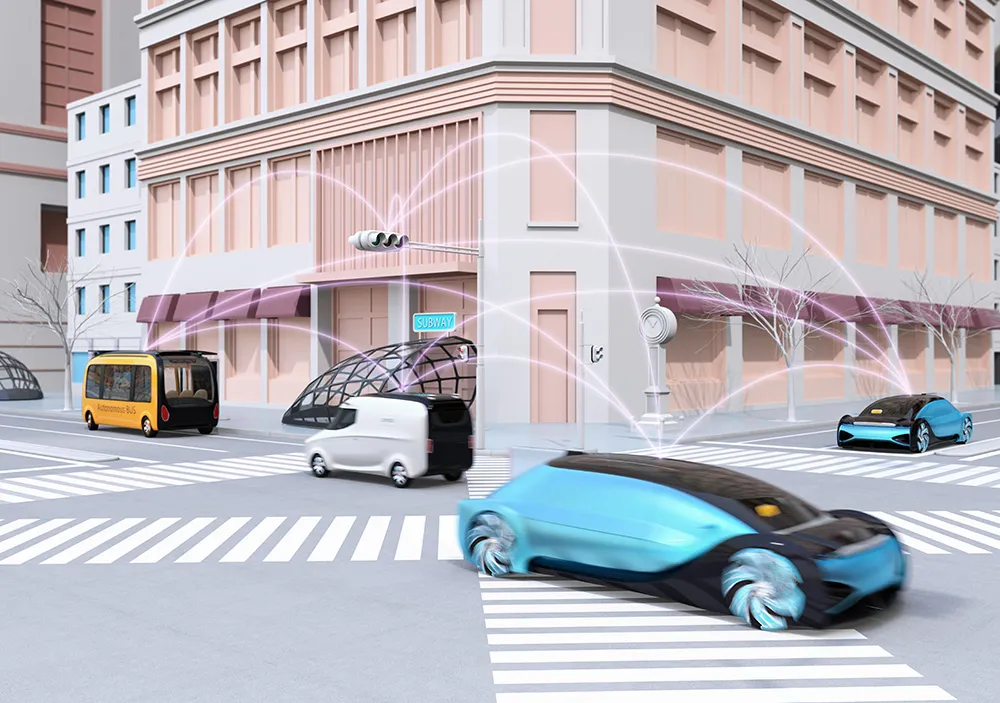Drawing more than 200 professionals from intelligent transport systems (ITS) and related disciplines, ITS Australia recently hosted the first in a series of ITS showcase events in Melbourne.
Focusing on automated vehicles and cooperative ITS, the event was setting the stage for what’s to come as Melbourne prepares to host the 23rd ITS World Congress later this year. Keynote speakers from USA, UK and Europe shared insights about global technology that is changing the way we use and develop transport techn
February 17, 2016
Read time: 2 mins
Drawing more than 200 professionals from intelligent transport systems (ITS) and related disciplines, 858 ITS Australia recently hosted the first in a series of ITS showcase events in Melbourne.
Focusing on automated vehicles and cooperative ITS, the event was setting the stage for what’s to come as Melbourne prepares to host the 23rd6456 ITS World Congress later this year. Keynote speakers from USA, UK and Europe shared insights about global technology that is changing the way we use and develop transport technologies.
Chief engineer, Transport, Chin Kian Keong of the Singapore Autonomous Vehicle Initiative (SAVI) placed a focus on envisioning a town with automated vehicles to help combat some of the challenges Singapore faces - such as increasing travel demand, shortage of labour, land constrains and an ageing population.
Peter Sweatman, principal at8235 CAVita and previous director of Michigan Mobility Transformation Center, spoke on transformational mobility through connected vehicles and infrastructure, automation and indeed the explosion of interest in everything connected in V2V, V2I and V2X technologies.
Other international speakers included secretary general ITS Asia Pacific and chair of the International Cooperation Working Group, Hajime Amino, and Richard Harris, solutions director at4186 Xerox and 374 ERTICO, as well as local Australian speakers representing both private and government funded projects.
Focusing on automated vehicles and cooperative ITS, the event was setting the stage for what’s to come as Melbourne prepares to host the 23rd
Chief engineer, Transport, Chin Kian Keong of the Singapore Autonomous Vehicle Initiative (SAVI) placed a focus on envisioning a town with automated vehicles to help combat some of the challenges Singapore faces - such as increasing travel demand, shortage of labour, land constrains and an ageing population.
Peter Sweatman, principal at
Other international speakers included secretary general ITS Asia Pacific and chair of the International Cooperation Working Group, Hajime Amino, and Richard Harris, solutions director at








